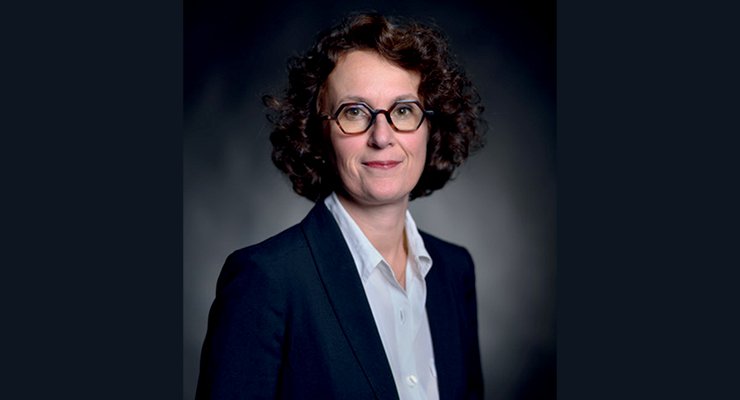Complex system engineering (ISC)
The objectives assigned to the UTC-ISC Master’s degree are to provide future engineering managers with a solid scientific and technological knowledge base to be able to study (viz., to characterize and understand), model and design complex and innovative systems using a systemic multidisciplinary approach.
Presentation
At the core of the ISC Master's degree we find 'systems-of-systems (SoS) that constitute the key research theme at the Labex MS2T a French Government certified "excellence" lab in SoS research, in which 3 combined UTC-CNRS research units are associated (UTC-BMBI, UTC-Heudiasyc and UTC-Roberval).
The UTC-ISC Master's degree focuses on technological systems that implement various technical tools and devices in areas such as bio-engineering, computational mechanics, mechatronics, computer sciences and their applications, EDP and autonomous robotic systems. The pedagogical paths are constructed in perfect symbiosis with the Labex MS2T research priorities, focusing on management of uncertainty and optimized system design in a highly interdisciplinary context.
This UTC Master's degree major ISC, trains students with a strong scientific knowledge base and a systemic vision of various technological problems that they will meet professionally. The aim of the course is to train experts with a solid theoretical base, and a strong technical and methodological know-how, to carry out research activities in SMEs, at major companies and groups, in public enterprises and research establishments, or entertain the prospect of pursuing to gain a PhD.
Depending on the nature of their previous training courses, the new UTC-ISC Master's degree graduates will be able to apply for professional positions as general engineering posts, advanced data analysis, engineering of smart, automated systems, of mechatronic systems and other related to health-care fields and life sciences. Training received during ISC studies provides an excellent preparation should the graduates wish to pursue towards a PhD.
The ISC specialties and organization
ISC offers 5 specialties:
All five specialties are organized on the basis of 4 semesters, 3 of which are class-based, theory and practice (M1S1, M1S2 and M2S3) and one (M2S4) exclusively devoted to a long internship (22 to 24 weeks).
Semesters 1 and 2, M1
Training contents comprise:
- specific scientific and technology-intensive courses (called the Core programme of the specialty), covering systems engineering, automation and control, stochastic modelling, operational safety and security, plus experimental data analysis with its associate protocols;
- special advanced field courses as common to other UTC engineering majors;
- specific training modules chosen in such a way as to complete the previously acquired profile of the students, leading to a better homogenization of the class in terms of knowledge bases in certain areas as a function of each student's track record and the specialty chosen;
- teaching in communication (acquiring, notably, necessary foreign language skills), entrepreneurial acumen (HR management, project management, …), research methodology and bibliographical synthesis;
- lastly, all M1 students are required to carry out a short 1 month internship that provides an initial immersion in one of the labs associated with the Master's degree programme.
Semester 1, M2
The first semester of M2 includes:
- a first quarter with core courses (corresponding to a half-semester) on fundamental themes common to the Labex in advanced data analysis and systems engineering, optimization, and biomimetic systems. On top of the core courses, there are additional "pre-specialization courses" that can be common to two or three Master specialties;
- a second quarter, during which the students broaden their knowledge base via in-depth courses specific to each specialty. All five specialties embody the aims of the main research priorities of the Labex MS2T and its three associate laboratories.
- During the first semester of M2, the students will be immersed in the Labex laboratories for a project-oriented workshop and in-house seminars. In the framework of the project workshop, the students can apply their newly acquired knowledge and skills by working on various research projects proposed by research scientists and/or industrial partners. Each group, is composed with 4 to 6 students, generally coming from different master's degree specialties. The workshop stress is placed on interdisciplinarity and project management. Regarding the seminars teaching format, the students attend the Labex MS2T research seminars and have to work on the in-depth treatment of one of the subjects discussed, which leads to an oral report and analysis by each student.
Contact and documentation
Plaquette master




